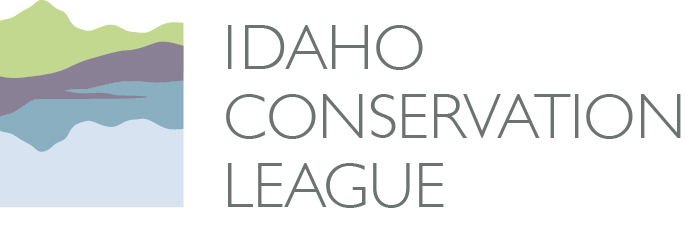Boise – Last week, the Idaho Conservation League filed suit in federal district court against Shannon Poe, a California miner with a history of repeated disregard for clean water laws. The suit alleges multiple violations of the Clean Water Act. The organization put Poe on notice, in 2016, 2017 and 2018, of its intent to hold him accountable if he continued suction dredge mining in the South Fork Clearwater River without appropriate permits.
Poe has long ignored federal requirements associated with recreational suction dredge mining in the South Fork Clearwater near Grangeville, as documented by public statements, public records and monitoring. The Nez Perce-Clearwater National Forests and Environmental Protection Agency (EPA) have similarly notified Poe of the need to abide by rules that protect clean water, endangered species, treaty rights and other public resources.
Despite these warnings, Poe, the director of a California-based suction dredge mining advocacy group, publicly flouted the rules and invited the EPA and U.S. Forest Service to cite him for his unpermitted operation. Violations of the Clean Water Act carry penalties of up to $51,570 per day, per violation.
"Fishermen, outfitters, rafters, irrigators and others who use Idaho’s rivers all work within rules and regulations to keep our rivers clean and healthy. That’s our responsibility as citizens. Mr. Poe seems to think that he’s above the law," said Jonathan Oppenheimer, ICL’s government relations director. "He is giving legitimate miners a black eye."
The South Fork Clearwater River is designated critical habitat for several threatened, endangered and sensitive species including steelhead, bull trout, spring and fall Chinook salmon and Pacific lamprey.
In 2013, the EPA established a Clean Water Act permit that authorized dredge mining in thousands of miles of Idaho’s rivers and streams while restricting it in other stretches. That permit was renewed in 2018 and remains in force until 2023.
Because of well-documented damage caused by instream mining, the permit limits dredge mining in critical habitat for endangered species and in waterbodies that were already impaired by sediment. Most Idaho miners comply with these new rules; however, a handful continue to dredge illegally.
During 2018, 14 dredge mining operations in the South Fork Clearwater were approved by the Forest Service, Bureau of Land Management and EPA. These miners have dredged for gold without incident or violation.
"Idaho’s clean water belongs to all of us, and authorities need to hear from citizens that we value the rule of law and want the laws that protect our clean water to be fairly and swiftly enforced," concluded Justin Hayes, ICL’s program director.
Background – What is suction dredge mining?

